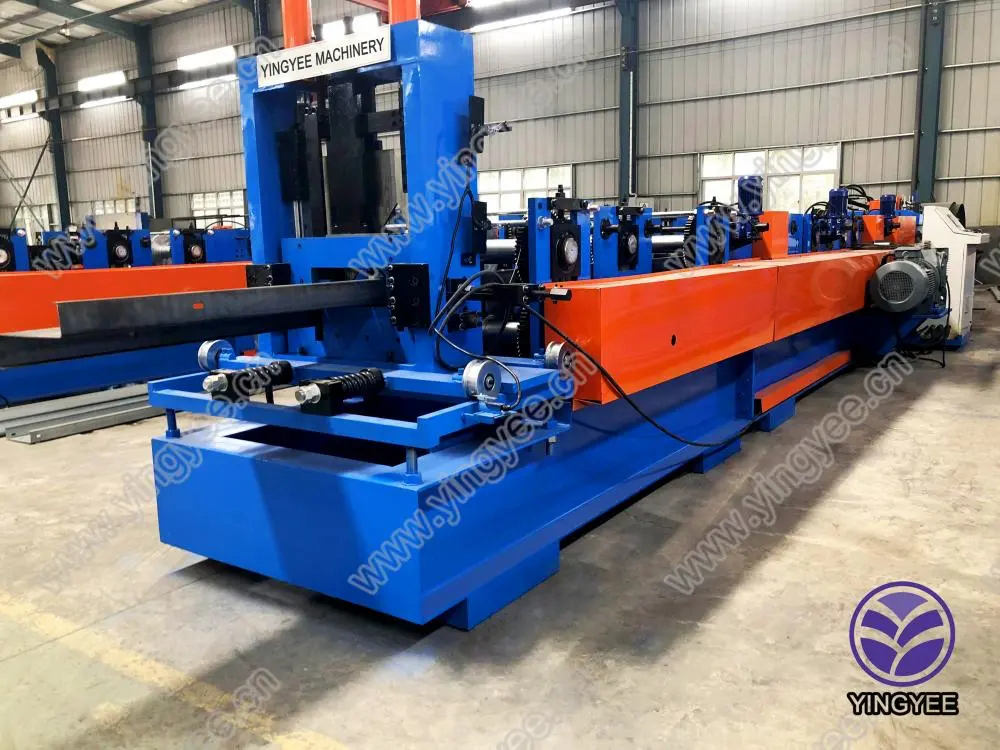
The Screw Rolling Machine Revolutionizing Metal Forming Processes
Screw rolling machines have become essential tools in modern manufacturing, particularly in the metal forming industry. These machines are designed to produce threaded components through a process that is both efficient and cost-effective. By utilizing the principle of screw rolling, manufacturers can achieve high precision and enhanced material properties in their products.
The screw rolling process involves three primary stages feeding, rolling, and finishing. During the feeding stage, a metal rod is positioned between two rotating dies. These dies are specifically shaped to form the desired thread pattern. As the machine operates, the dies roll over the rod, deforming the metal and creating the threads without cutting. This form of cold working eliminates the need for additional machining processes, thus saving time and resources.
One significant advantage of screw rolling machines is their ability to produce a variety of screw types and sizes with remarkable accuracy. Whether it’s standard bolts, specialized screws for aerospace applications, or custom fasteners for automotive parts, these machines can adapt to different specifications. The versatility of screw rolling machines allows manufacturers to meet diverse market demands, further enhancing their competitiveness.

In addition to speed and versatility, screw rolling machines also contribute to improved material properties
. The cold working process increases the tensile strength of the metal by refining its grain structure, resulting in components that are not only lighter but also more durable. This is particularly important in industries where safety and reliability are paramount, such as construction and automotive manufacturing.Furthermore, the energy efficiency of screw rolling machines plays a critical role in reducing production costs. Compared to traditional machining methods, screw rolling consumes less energy and generates minimal waste. This environmentally friendly approach aligns with the growing emphasis on sustainable manufacturing practices, making it a preferred choice for many companies.
In conclusion, screw rolling machines represent a significant advancement in metal forming technology. Their ability to produce high-quality threaded components efficiently and sustainably is transforming the manufacturing landscape. As industries continue to evolve, the demand for precision-engineered products will only grow, solidifying the role of screw rolling machines as a cornerstone of innovation in metalworking. With ongoing advancements in technology, we can expect even greater improvements in speed, accuracy, and sustainability in the future.